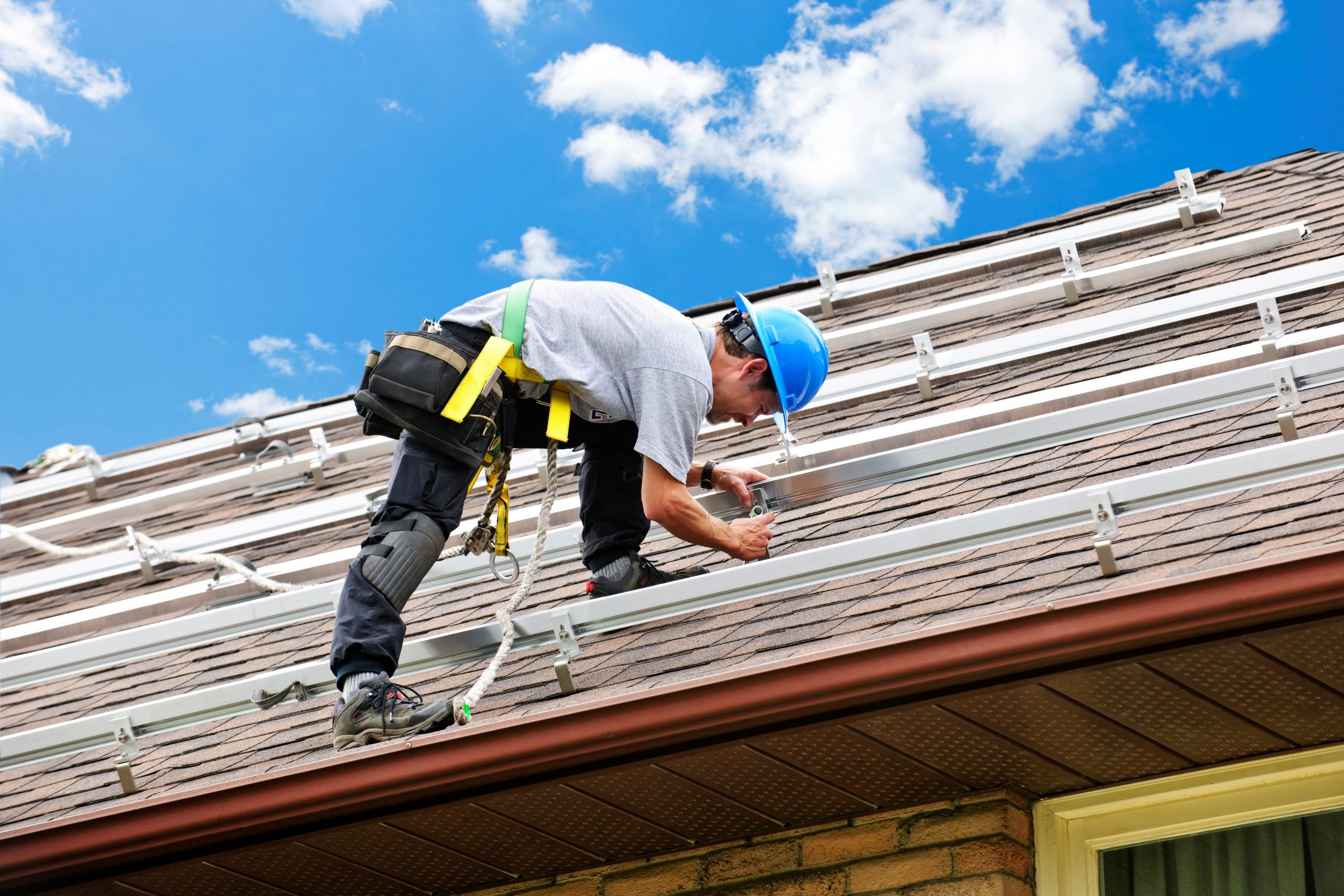Roofing Contractor Licenses and Insurance

When it comes to hiring a roofing contractor, whether for a simple repair or a full replacement, it's essential to ensure that the company you choose is properly licensed and insured. While it may seem like an added expense or unnecessary step, these two elements—licensing and insurance—are crucial to ensuring that you receive quality service and are protected throughout the process. Here’s why roofing contractor licenses and insurance matter and how they can impact both you and the contractor.
What Is a Roofing Contractor License?
A roofing contractor license is a certification issued by a state or local government that confirms the contractor has met certain qualifications to perform roofing work. These qualifications can vary depending on the state or municipality, but they typically include passing exams on building codes, safety standards, and roofing techniques. Contractors must also prove that they have the necessary skills, training, and experience to complete roofing projects to code.
Why Roofing Contractor Licensing Is Important
Ensures Compliance with Local Laws: Roofing licenses demonstrate that the contractor complies with local building codes and regulations. In many regions, the law requires that certain types of work, especially on roofs, be completed by licensed professionals. A licensed contractor knows the local codes and regulations and ensures that the work meets safety and quality standards, preventing potential legal and financial issues in the future.
Assures Competency and Experience: Licensing often requires contractors to show that they have relevant experience and the necessary expertise to perform roofing tasks. This provides you, the homeowner, with peace of mind, knowing that the contractor has the knowledge and skills to tackle your project correctly. Licensing typically involves passing exams or completing coursework in roofing techniques, ensuring the contractor has up-to-date knowledge of the best practices for roof installation, maintenance, and repair.
Protects Homeowner Interests: Working with a licensed roofing contractor offers protection if something goes wrong during the project. For example, if the contractor fails to obtain the necessary permits or if the work does not meet local codes, a licensed contractor may be more easily held accountable than an unlicensed one. Moreover, a licensed contractor is more likely to offer warranties on their work, which can protect homeowners in case of any defects or issues.
The Role of Roofing Contractor Insurance
Insurance is another crucial component of hiring a roofing contractor. Roofing can be a dangerous job, and accidents can happen, even with the most experienced professionals. Insurance is there to protect both you and the contractor in case of damage or injury during the project.
There are two main types of insurance that roofing contractors should have:
General Liability Insurance: This protects homeowners in case the contractor causes damage to their property during the project. For example, if the contractor accidentally damages your gutters, landscaping, or another part of your home, general liability insurance will cover the repair costs. Without this insurance, you may be stuck paying out-of-pocket for the damages.
Workers' Compensation Insurance: Roofing can be dangerous, with workers facing the risk of falls, injuries, or other accidents. Workers' compensation insurance protects both the contractor and the homeowner in case a worker is injured while on the job. Without this coverage, you could be held liable for medical bills or compensation if a worker gets hurt while working on your property.
Why Insurance Matters
Protects Against Accidents and Damage: Even the most skilled roofing contractors can have accidents on the job. Without insurance, you may be responsible for the costs of any damage or injuries that occur, leading to substantial out-of-pocket expenses. Roofing insurance protects you from such financial burdens.
Shows Professionalism: A contractor who carries the proper insurance demonstrates professionalism and a commitment to doing things the right way. Insurance is an investment in the quality of their work and the protection of all parties involved. It shows that they take their business seriously and are prepared for the risks associated with roofing.
Reduces Financial Risk: Roofing projects can be expensive, and the last thing you want is to be financially liable for something that goes wrong. Whether it’s a worker getting injured or your property being damaged during the project, having the right insurance coverage ensures that you won’t be left footing the bill for someone else’s mistake.
Roofing contractor licenses and insurance are essential to ensuring a successful and safe roofing project. A licensed contractor assures that they have the proper qualifications, comply with local laws, and know how to handle your roofing needs. Meanwhile, insurance protects you from the risks associated with damage and injuries that can occur during the project. As a homeowner, it's important to always verify that your roofing contractor is both licensed and insured before hiring them, as this not only provides you with peace of mind but also ensures the work is done right and without unnecessary risk.